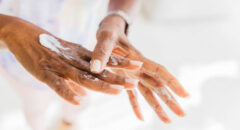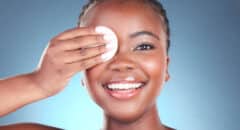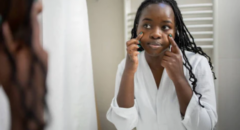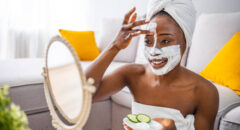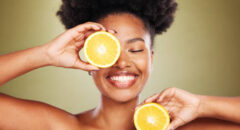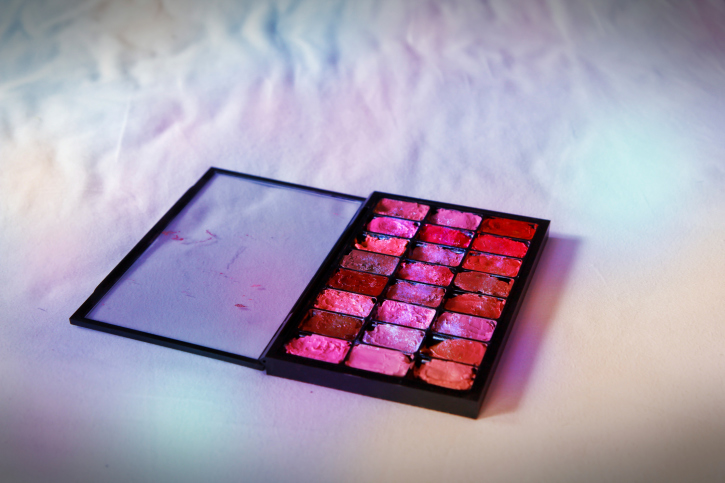 Cosmetics are supposed to enhance your beauty, but if you’re not careful, they might hurt it instead.
Cosmetics are supposed to enhance your beauty, but if you’re not careful, they might hurt it instead.
How do you keep makeup clean?
Items like lip gloss and mascara that seem so harmless can actually cause you to end up with conditions such as bacterial infections, the flu, pink eye or even herpes.
It’s not that the products or their ingredients pose these threats. The problem arises from the fact that cosmetics are an ideal environment for nasty microorganisms, such as yeast or e.coli, to thrive.
If you are thinking, “doesn’t makeup have preservatives,” the answer is yes. But, understand that preservatives are included to minimize risks. They do not offer a solid guarantee that your cosmetics will remain safe. More than a few women have discovered this the hard way. So that you don’t get counted among them, develop good habits that can help to keep you safe.
Expiration Dates
A lot of women do not replace cosmetics unless the products are empty or there are clear signs of a problem. This is one of several common mistakes that you should never make again. Though it may not be printed on the packages, cosmetics, like food, have expiration dates and they need to be discarded when their lifespan expires. Think about it, if product has expired, its preservatives have expired too.
Seal It
If you are a neat freak, then you are doing yourself a big favor with regards to your cosmetics. If you are bit less tidy, you need to do better. Do not leave your cosmetics and cosmetic tools strewn about uncovered in the bathroom counters, on your makeup table or elsewhere. Doing so invites contamination. Also, if the covers or lids on your cosmetics get lost or broken, either throw the products away or find a way to protect them when they are not being used.
Cosmetic Tools
Brushes, applicators, sponges and other cosmetic tools should always be handled with freshly washed hands. These tools also need to be cleaned regularly with hot water and anti-bacterial soap. It’s also best to avoid using old applicators in newer products. If you break the tip off your new mascara brush, your solution shouldn’t be to use the one from some old mascara at the bottom of your makeup bag.
Sharing
No matter how close you are to an individual, there comes a time when you need to draw boundaries. One of those moments is…



